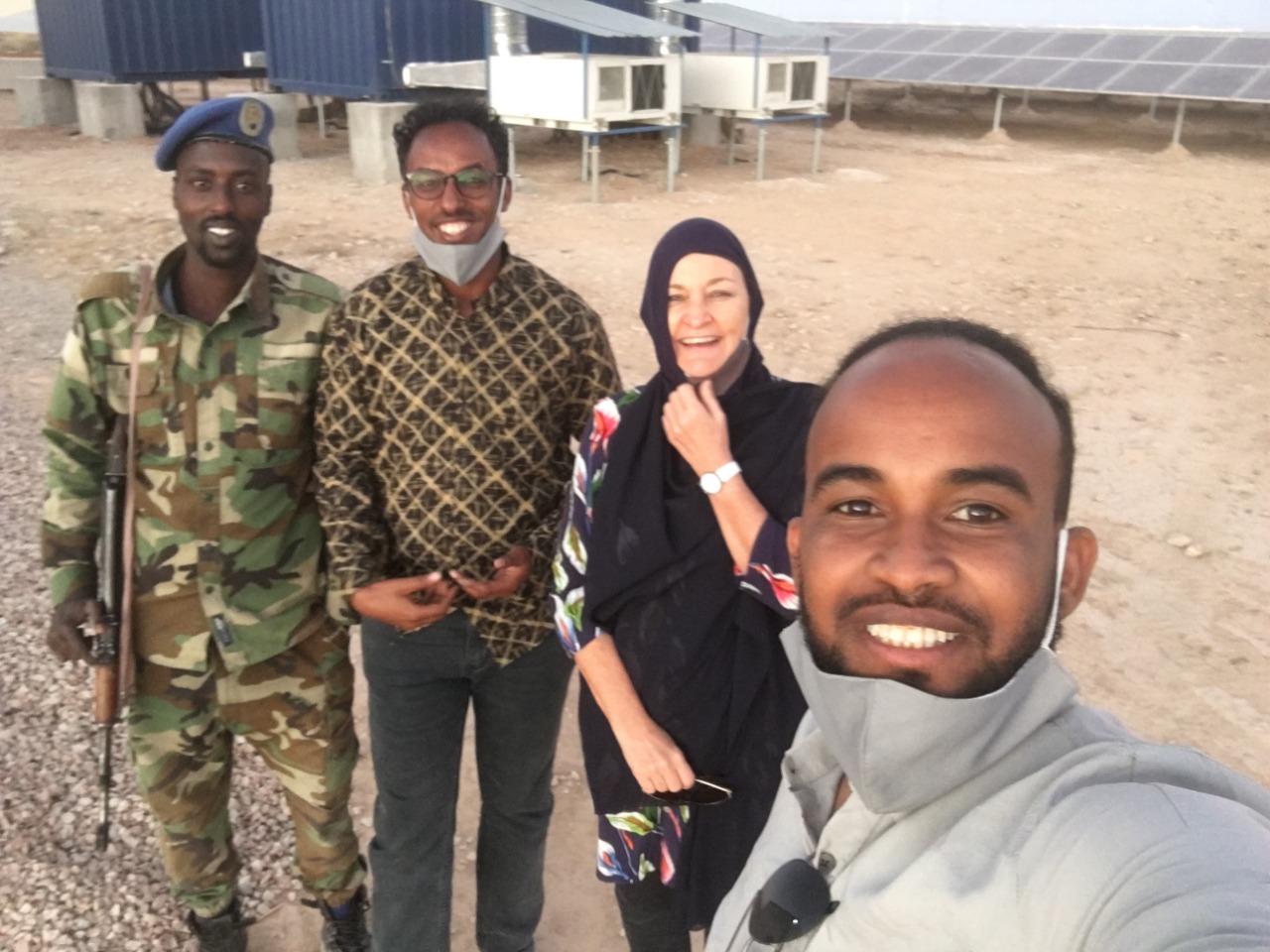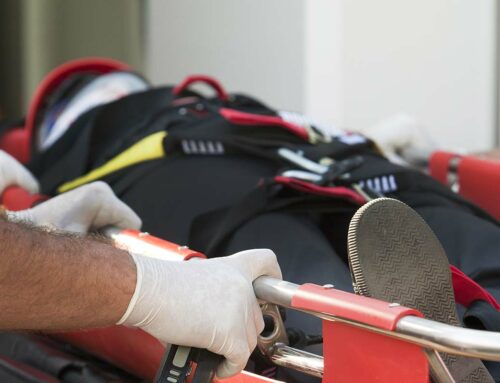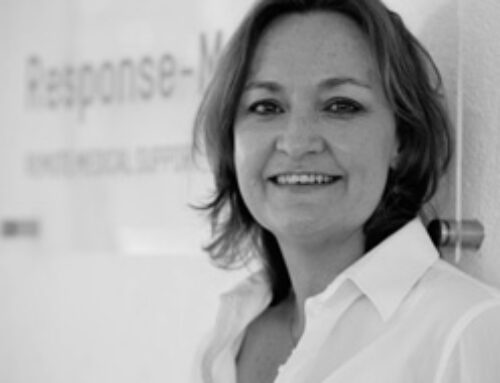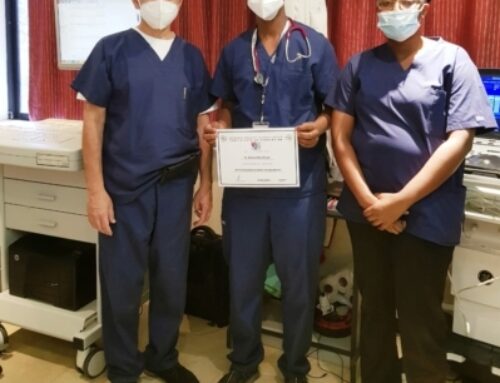According to the African Development Bank (afdb.org) over 640-million Africans have no access to energy, corresponding to an electricity access rate for African countries at just over 40 percent — the lowest in the world. In fact, according to the UN (2019) more than seven million people die from air pollution and the burning of fossil fuels each year, which is more than AIDS, malaria, and tuberculosis combined! Energy insecurity plays a significant role in determining how healthcare is delivered across our continent.
We are still a long way from achieving the UN’s sustainable development goal of ensuring access to affordable, reliable, and sustainable energy for all and along with that, achieving Universal Healthcare. Response-Med has provided healthcare services and support to many areas in Sub-Saharan Africa where lack of electricity continues to be a challenge. We are convinced, now more than ever, that green energy solutions need to be at the foundation of all medical provision.
Hospitals rely on a steady source of electricity to keep water supply, lighting, ventilation, clinical equipment, and temperature controls functioning as needed. The majority of medical devices, from ultrasounds to heart monitors, require electricity to charge or operate. Healthcare facilities themselves need power to keep their lights on safely at night, to pump water, and to disinfect tools and equipment as well as run refrigerator systems that store vaccines and medicines at the right temperatures.
Unfortunately, many hospitals across Africa have limited to no access to reliable electricity which results in wasted medicines, the inability to use critical diagnostic devices, and lack of lighting needed for operating theatres and clinical care. Without a steady supply of power, provision of care is limited to daylight hours and resources that aren’t dependent on electricity.
Across the continent, our underdeveloped energy infrastructure sees some countries experience power outages up to 50% of the time (World Bank, 2018). The WHO estimate that one in four health centres in Sub-Saharan Africa lack electricity access, and three in four do not have reliable power (2019). Where no green or clean energy is available, effective healthcare unfortunately must use solutions such as diesel-powered generators that are not only expensive to run but are often unreliable.
Green energy is the perfect solution. Hydropower, solar, and wind energy have become more and more affordable with solar panel prices having dropped approximately 80% over the last decade (NREL, 2020). Strong access to sunlight at most sites means that solar power provides quality energy and, in many cases, can generate enough power to be shared with the communities surrounding the hospital or medical facility. Consistent and reliable power means that the hospitals can open for longer, providing more services to more people in a way that will have a sustainable impact on the communities they serve.
Beyond better service, a better equipped hospital with a reliable power source will also attract quality healthcare workers. This in turn can lead to job creation, capacity building and growth opportunities for the community. Imagine a world where even the most remote places can have access to a globally renowned surgeon or specialist using green powered technology? This is the world that we at Response-Med want to play a role in supporting.
Response-Med wants to help businesses, aid organisations and donors achieve real, sustainable impact. We have the insight, knowledge, and experience to make green energy part of any medical response solution and we are best placed to deliver on this purpose. We believe that healthcare facilities with reliable power sources are healthier and happier workplaces. And happy, healthy workplaces will drive the very important goal of providing better access to healthcare in the remote communities on our continent.





